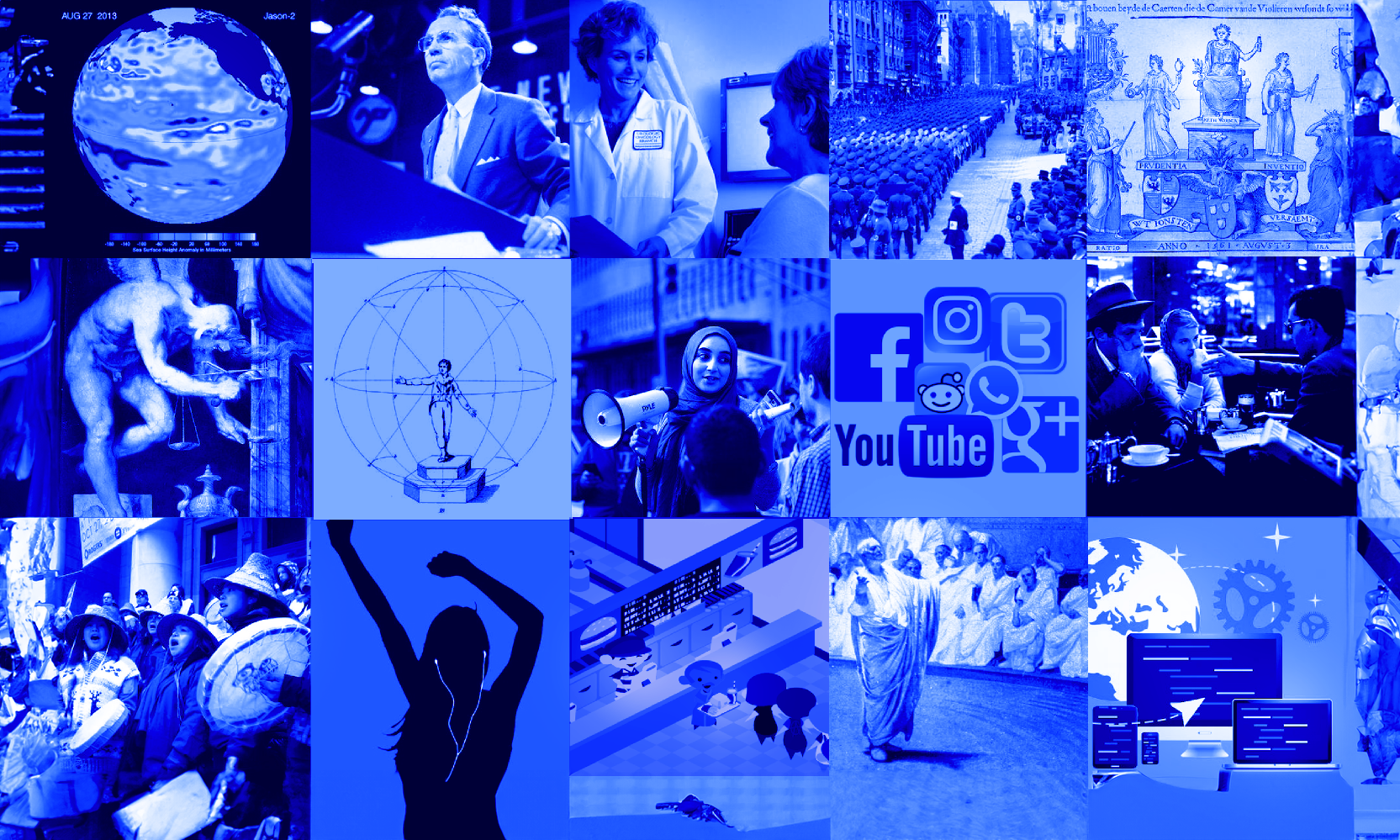Call for Papers: Special Issue of Pedagogy [journal] — Ideological Transparency in the Classroom and On Campus. Daniel P. Richards and Louise Wetherbee Phelps, Guest Editors.
PDF | Web
Context
It has been over a decade since Karen Kopelson published her article “Rhetoric on the Edge of Cunning” (2003), in which she proposed the performance of neutrality as a potential strategy to address ideologically-driven student resistance in the writing classroom. Overtly politicized critical composition pedagogies, she argued, might exacerbate student resistance—in particular if those pedagogies are enacted by marginalized teacher-subjects—and thus looks to theories of “radical resignification” to explore the value of performing the type of objectivity many students expect in university classrooms. Situated, as Kopelson’s article is, in Richard Boyd’s (1999) notion that the field of rhetoric and composition has long been preoccupied with student resistance as evidenced by its “incessant return” as a narrative, this special issue asks scholars in the field to do just that: return incessantly to thinking and theorizing about our own ideological commitments and political inflections in our teaching practices and performances.
While we might have consensus in the belief that there simply is no teaching without ideology, indeed that ideology is inherently inescapable, there is ample room for conversation about the degrees to which we make our commitments and political affiliations apparent and what role these various approaches play in the larger conversation of public perception of higher education and, more urgently, the changing nature and forms of student resistance in our current sociopolitical moment. Have the manifestations of student resistance changed, and if so, what does this mean for our own pedagogical performativities? Need they change? In what ways? For whose interests? And for what ends? How much of our own ideological allegiances do we make transparent to our students, and what are the reasons we give? What are the bounds of pedagogical neutrality in the shifting landscapes of higher education and politics?
Guiding Questions
The editors of this special issue invite proposals of full-length articles pertaining to this topic, and are open to various types of methods relevant to pedagogical inquiry and classroom research. The editors are particularly interested in responses to the following questions:
- How do our pedagogical choices reinforce or challenge the public perception of higher education practices?
- How has student resistance changed?
- How do we approach the perception of “ideological bias” by students?
- How do we make apparent the differences to students between content coverage, pedagogy, and fair assessment practices?
- What role does political affect play in our pedagogies?
- What administrative moves could or should be made to address issues of ideological discrimination or invisibility in the classroom?
- What are the ideological issues facing writing program administrators in terms of curriculum development and teacher training and what are the various approaches available?
Overall, this special issue seeks to re-examine discussions, approaches, and rationales of pedagogical ideological transparency and/or performativity in order to encourage more explicit discussions of how and why teachers do or do not inflect their politics in the classroom, all the while positioning these approaches in the larger topics of student resistance, public perception of higher education, and political surveillance.
Timeline
- Proposals due: April 7, 2017
- Decision to authors on preliminary inclusion: May 5, 2017
- Author drafts to guest editors: November 17, 2017
- Article revisions (due to guest editors): October 2018
- Issue to Pedagogy: December 2018
- Issue mails to readers: December 2019
Submission and Contact Details
Individuals or co-authors should submit a 600-word proposal that indicates type of submission, overall topic, questions addressed, and contribution to the field. Proposals should be submitted as .doc or .pdf files to dprichar@odu.edu and lwphelps@odu.edu. The subject line of the email submission should read “Special Issue Proposal, Ideology in the Classroom.” For more information or queries, email Daniel Richards at dprichar@odu.edu.
Journal Description
Pedagogy: Critical Approaches to Teaching Literature, Language, Composition, and Culture is an innovative journal that aims to build and sustain a vibrant discourse around teaching in English studies. In spite of the large role that teaching plays in the lives of most English studies scholars, no other mainstream journal in English devotes itself exclusively to pedagogical issues spanning the entire discipline. By contrast, Pedagogy covers all areas of English studies from literature and literary criticism to composition and cultural studies. It seeks to reverse the long history of the marginalization of teaching and of the scholarship produced around it. Fusing theoretical approaches and practical realities, Pedagogy is an essential resources for teachers.
